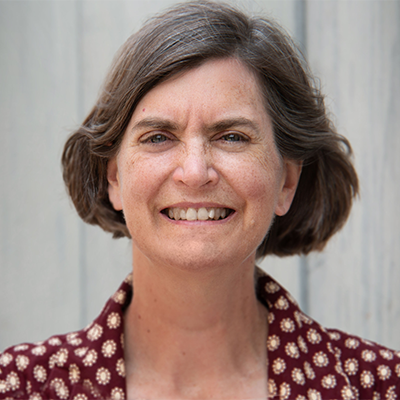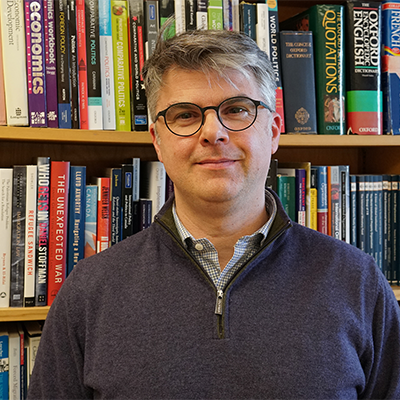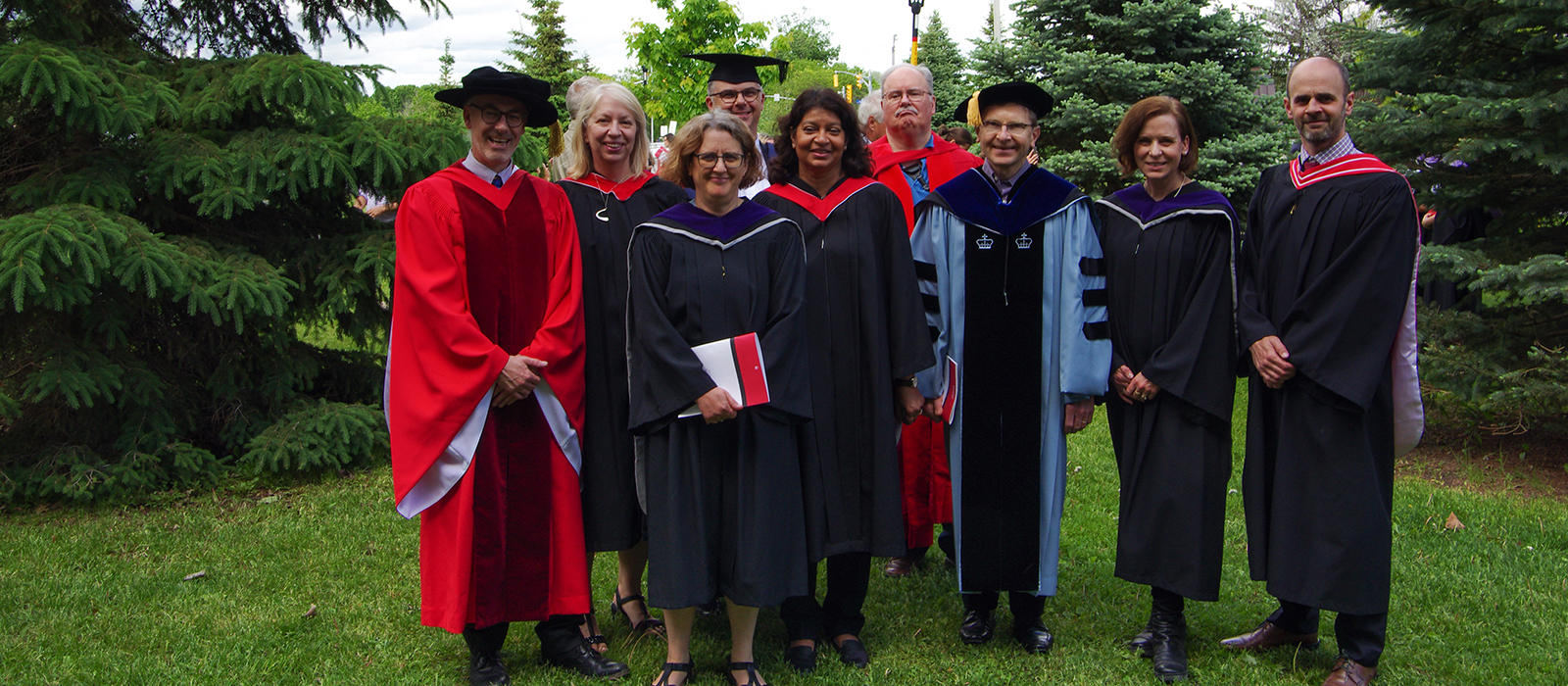Research Chairs
Research Initiatives
Research Centres
Research Chairs
Canada Research Chair (CRC) in Migration and Care

Cati Coe, Professor, Department of Political Science
Cati Coe is the Canada Research Chair in Migration and Care. Dr. Coe is an internationally recognized leader in the scholarship of transnational families, aging, and care work. Her current research projects arise from questions that emerged from her previous scholarship on African migrant care workers in the United States.
One project, entitled “Transnational Social Protection and the Care of Aging Migrants,” examines the decisions around return migration made by aging Ghanaian migrants in Canada. The public impact of the research is to make visible the challenges faced by transnational aging migrants and illuminate the needed services, policies, and interventions for aging migrants, both in the Global North and Global South. The scholarly contribution of the research to the literature on migration is to examine the patchwork nature of social protections that aging migrants from the Global South experience, and the choices they make in relation to the care economies they face, illustrating the global inequalities in aged care.
Dr. Coe is also involved in bringing together an interdisciplinary group of scholars to explore domestic worker organising comparatively, looking at the involvement of domestic workers in vocal and active social movements as well as the varied hidden forms of resistance that they engage in through their relationships with their employers, one another, and their families. This scholarship highlights the strengths and limitations of relying on formal labour law because of its (dis)connection with workers’ narrations of their goals, strategies, and struggles. This work expands on the literature which has illustrated how labour protections were based on a North American male breadwinner model dependent on a distinction between the private (household) and public (work) spheres, in arguing that the modes of exploitation and resistance in work are interconnected with other areas of everyday life.
Canada Research Chair (CRC) in Gender, Race, and Inclusive Politics

Erin Tolley, Associate Professor, Dept. of Political Science
Erin Tolley is the Canada Research Chair (CRC) in Gender, Race, and Inclusive Politics. Tolley’s research is generating new knowledge on the representation of race and gender in Canadian politics. This includes working collaboratively to develop new ways to track diversity among electoral candidates, an analysis of political parties’ positioning on immigration and multiculturalism, and examining institutional structures that support or suppress representation.
“Elected bodies have been designed largely by and for the most powerful members of society,” said Tolley. “At the time of their creation, the most powerful members of society were generally propertied white men. Although some changes have been made, these have been made at the margins. There have not been large changes to remake these institutions. People want to look at some of the success stories, and believe there has been significant progress, but the archetypal elected official remains a white, able-bodied, middle-aged, heterosexual, white man.” Tolley will develop research-driven responses to political inequality. In addition to these research outputs, she is helping to create infrastructure to identify and support a new and more diverse generation of social scientists.
Bell Chair in Canadian Parliamentary Democracy

Jonathan Malloy, Professor, Dept. of Political Science
Jonathan Malloy is the The Hon. Dick and Ruth Bell Chair for the Study of Canadian Parliamentary Democracy. This Chairship was created in 2009 thanks to a generous gift from Carleton alumna Dr. Ruth Bell, MA/65, LLD/84. Ruth Bell (1919-2015) was a distinguished citizen of Ottawa and lifelong women’s activist, political scientist and member of the Order of Canada. Dick Bell, LLD/84 (1913-1988) served as a Member of Parliament and was minister of citizenship and immigration in the Diefenbaker government. The Chair was established to promote a better understanding of the dynamic and ever-evolving Canadian parliamentary system.
Research Initiatives
The Local Engagement Refugee Research Network (LERRN)

James Milner, Associate Professor, Dept. of Political Science
James Milner is the project director of the Local Engagement Refugee Research Network (LERRN). He is leading a team of researchers and practitioners dedicated to protecting refugees and developing solutions on forced migration in the Global South. Adopting an inclusive and equitable approach to forced migration issues, Professor Milner and his team are working in concert with displaced people alongside civil society organizations. In doing so, LERRN seeks to promote an empowered approach to the scholarship on forced migration, and to enhance civil society organizations’ role in responding to refugees’ needs.
Research Centres
The Centre for European Studies (CES)

Achim Hurrelmann, Professor, Dept of Political Science
The Centre for European Studies (CES) is a Carleton University Research Centre housed jointly in the Department of Political Science and the Institute of European, Russian, and Eurasian Studies (EURUS). The co-directors of CES are Joan DeBardeleben (EURUS) and Achim Hurrelmann (Political Science).
The mandate of CES is to further research, teaching, and public outreach activities on European politics, with a particular focus on the European Union (EU). CES projects include a Jean Monnet Centre of Excellence that focuses on outreach to the policy and diplomatic community, two Jean Monnet Networks that enhance research connections and student/scholar mobility across the Atlantic, and a Jean Monnet Project that works with local high school teachers and students on EU-related issues. CES activities are co-funded by multiple grants from the Erasmus+ Programme of the EU, as well as other sources.
Carleton Centre for Community Innovation (3ci)

Peter Andrée, Professor, Dept. of Political Science
Peter Andree (Political Science) is co-director with Kate Ruff (Sprott School of Business) of the Carleton Centre for Community Innovation (3ci). Through research, education and program management, 3ci investigates, strengthens and disseminates innovation on the part of geographic communities and communities of interest, in Canada and around the world. Acting as a catalyst and convener, and linking research to practice and policy, the Centre seeks to enhance understanding and knowledge of the distinctive contributions of the non-profit, voluntary, and philanthropic sectors, as well as Indigenous institutions and local institutions, to community vitality.
Recent initiatives of 3ci include:
- Rebuilding First Nations Governance project, with 3ci Senior Research Fellow Frances Abele as Principal Investigator
- The Common Approach to Impact Measurement project led by Dr. Kate Ruff, 3ci Research Fellow and Assistant Professor in the Sprott School of Business
- “Reaching for net-zero carbon emissions while reckoning with settler-colonialism: the case of dairying in Aotearoa New Zealand” led by 3ci director Peter Andrée
